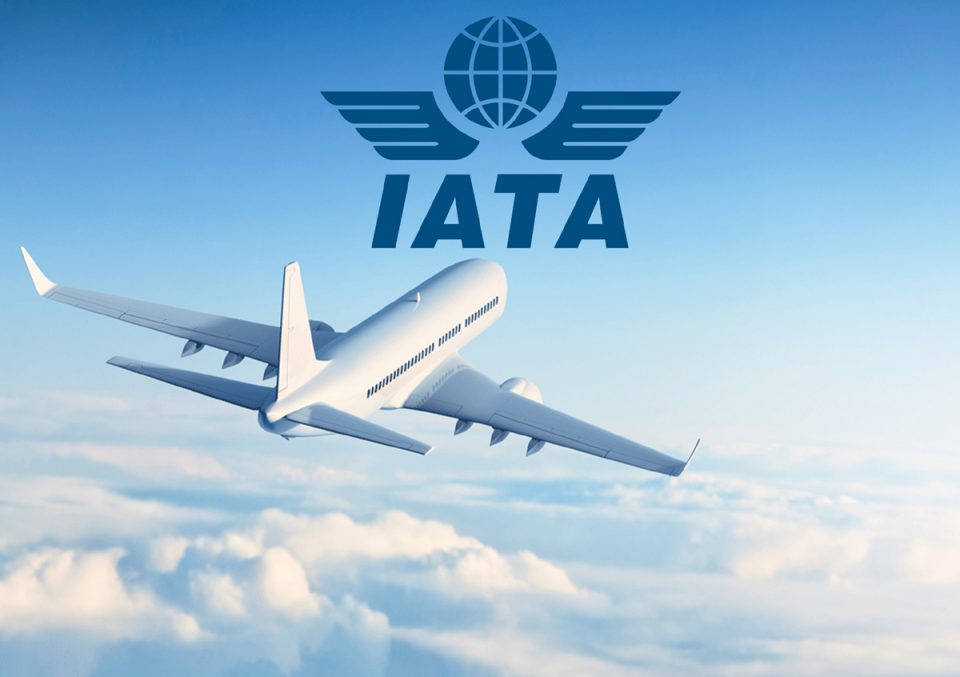The International Air Transport Association (IATA) has identified four main priorities, if air cargo demand in the post-pandemic period must be resilient and stronger.
The priorities, as outlined at the 15th World Cargo Symposium (WCS) in London, United Kingdom (UK), are: achieving net zero carbon emissions by 2050; continuing to modernise processes; finding better solutions to safely carry lithium batteries; and making air cargo attractive to new talent.
IATA’s Global Head of Cargo, Brendan Sullivan, said air cargo had a stellar year in 2021, achieving $204 billion in revenues.
However, social and economic challenges are mounting. Sullivan mentioned that the war in Ukraine has disrupted supply chains, jet fuel prices are high and economic volatility has slowed Gross Domestic Product (GDP) growth.
“Despite this, there are positive developments. E-commerce continues to grow, COVID restrictions are easing, and high-value specialised cargo products are proving resistant to economic ups-and-downs. Going forward, achieving our net zero commitment, modernising processes, finding better solutions to safely carry lithium batteries, and making air cargo attractive to new talent are critical,” he said.
In 2021, the aviation industry agreed a balanced plan to achieve net zero carbon dioxide (CO2) emissions by 2050. A potential scenario for this is: 65 per cent through Sustainable Aviation Fuel (SAF); 13 per cent from hydrogen and electric propulsion; three per cent from more efficient operations; 19 per cent through offsets and eventually through carbon capture, as an out-of-sector solution while technology develops.
“SAF is the key to achieving net zero emissions. Airlines used every drop that was available in 2021. And it will be the same this year. The challenge is SAF production capacity. The solution is government incentives. With the right incentives, we could see 30 billion litres of SAF by 2030. That would be a tipping point by 2030 towards our net zero ambition of ample SAF quantities at affordable prices,” Sullivan said.
In the areas of modernisation and efficiency, he said the challenges of the COVID-19 crisis gave the confidence that the industry could change and adapt fast.
“We need to use that confidence to get even closer to the expectations for modernisation that our customers have. And we need to be true to air cargo’s unique selling point and move even faster,” Sullivan said.



